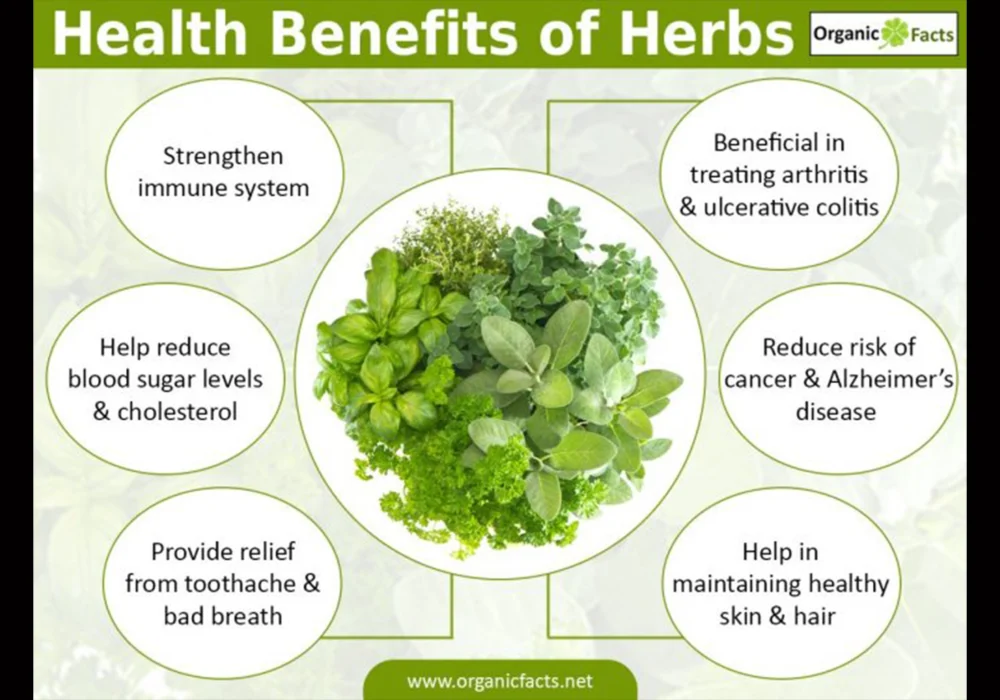How can I find reliable information about herbs?

How can I find reliable information about herbs? Finding reliable information about herbs involves accessing reputable sources and considering the quality of the information provided. Here are some tips to help you find reliable information about herbs:
- Consult Professional Healthcare Providers:
- Seek guidance from qualified healthcare professionals such as doctors, naturopathic physicians, or herbalists. They can provide personalized advice based on your health history, needs, and potential interactions with medications.
- Use Reputable Websites and Databases:
- Look for information on reputable websites and databases that specialize in herbal medicine and are maintained by credible organizations, universities, or healthcare institutions. Examples include:
- National Center for Complementary and Integrative Health (NCCIH)
- Memorial Sloan Kettering Cancer Center’s About Herbs, Botanicals & Other Products
- American Herbal Pharmacopoeia (AHP)
- Herbal Medicine: Expanded Commission E Monographs
- Look for information on reputable websites and databases that specialize in herbal medicine and are maintained by credible organizations, universities, or healthcare institutions. Examples include:
- Scientific Journals and Research Articles:
- Explore scientific journals and research articles to find evidence-based information about specific herbs. Websites like PubMed and ScienceDirect provide access to a wide range of scientific literature.
- Books by Qualified Authors:
- Consider books written by qualified authors, such as herbalists, botanists, or healthcare professionals with expertise in herbal medicine. Look for books that cite credible sources and provide balanced information.
- Government Health Agencies:
- Government health agencies often provide reliable information on herbal products and supplements. Check websites of health departments or agencies such as the U.S. Food and Drug Administration (FDA) and the European Medicines Agency (EMA).
- Educational Institutions:
- Universities and educational institutions with reputable healthcare or botanical programs may offer valuable information. Look for educational materials from established institutions known for their expertise in herbal medicine.
- Herbal Pharmacopoeias:
- Refer to herbal pharmacopoeias, which are authoritative reference books that provide standards for the quality, purity, and therapeutic properties of herbal products. Examples include the United States Pharmacopeia (USP) and the European Pharmacopoeia (Ph. Eur.).
- Peer-Reviewed Articles:
- Articles published in peer-reviewed journals undergo rigorous evaluation by experts in the field. Look for information from peer-reviewed sources to ensure a high level of credibility.
- Stay Informed About Research Updates:
- Regularly check for updates on herbal research and new findings. Scientific knowledge evolves, and staying informed about the latest research can help you make well-informed decisions.
- Be Cautious with Commercial Websites:
- Exercise caution when using commercial websites that sell herbal products. While some may provide useful information, others may prioritize marketing over objectivity. Verify information from multiple sources.
Remember that individual responses to herbs can vary, and it’s crucial to consult with healthcare professionals before incorporating herbs into your health regimen, especially if you are taking medications or have underlying health conditions.
Image Source: Organicfacts
Blog: Tees Herbs Blog
Sponsors: Mixtapepsds, Conspiracyortruth
